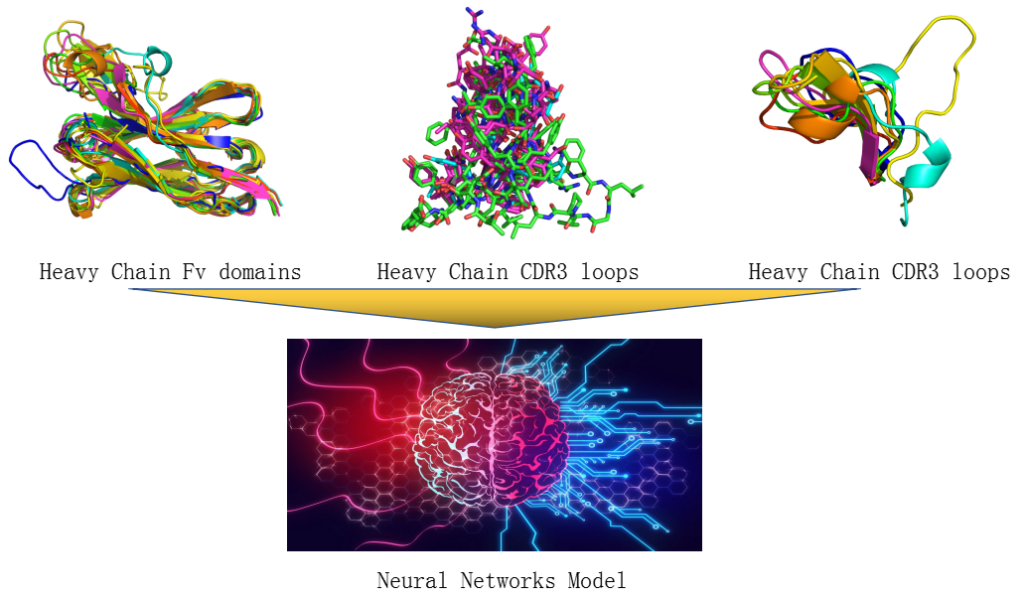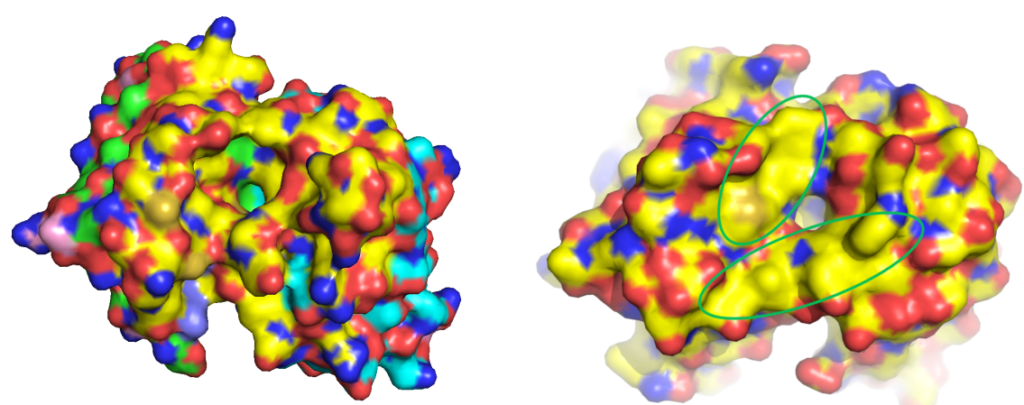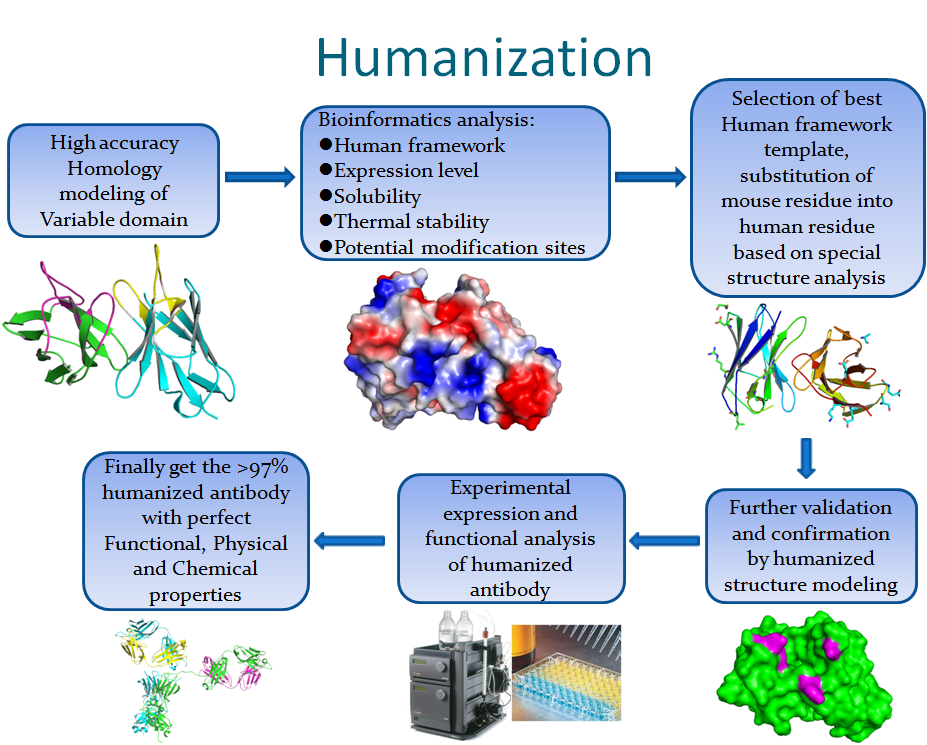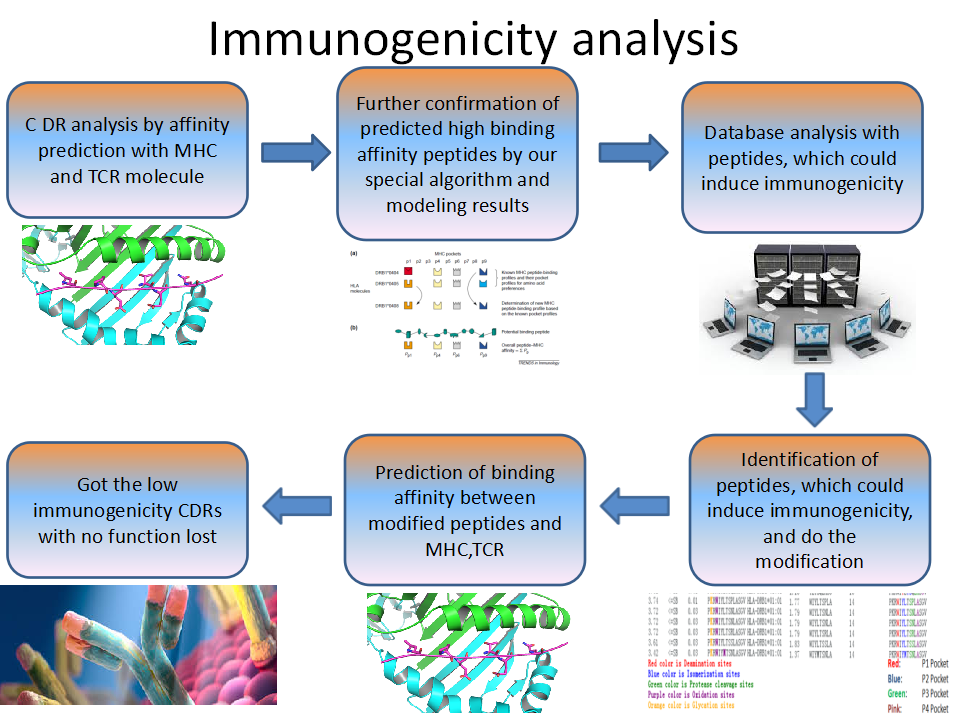AI Drug Discovery
Antibody Discovery Services
AI Drug Discovery Overview

Therapeutic antibodies are currently the most successful class of biological therapeutics, but the traditional antibody development process is quite cumbersome and has obvious limitations. Current common antibody drug discovery methods include hybridoma technology, phage display technology, single B cell antibody screening technology, etc. All current methods are based on wet experiments in the laboratory, so they face problems such as long cycles, high costs, and high failure rates. At the same time, among the majority of candidate antibodies that have been painstakingly expressed and purified, only a relatively small proportion have the biophysical and other properties required to become therapeutics (such as high concentration solubility, large-scale manufacturability).
We have developed a set of AI algorithm systems for virtually generating antibody drugs, conducting structural analysis and summarization of all antibody structures in the Protein Data Bank, inputting all result information into the constructed neural network system, and letting the neural network system learn the relationship between antibody structure and sequence, and the relationship between antibody structure and antigen structure. At the same time, we use information from antibodies that have already been medicated or are in clinical stages to train the neural network system, ultimately achieving the goal of generating specific antibody sequence and structural information given specific antigen structure and epitope information. It can generate therapeutic antibody sequences with high affinity for any given antigen epitope.
AI Drug Discovery Services



